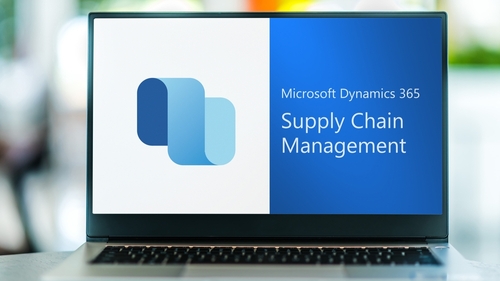
The supply chain is diverse, multifaceted, and often hopelessly fragmented across time and capabilities, but Microsoft attempted to wade into it this week with the Microsoft Supply Chain Platform, a new design approach for organizations to improve their data, automation, and sustainability.
“Businesses are dealing with petabytes of data spread across legacy systems, ERP, supply chain management, and point solutions, resulting in a fragmented view of the supply chain,” said Charles Lamanna, corporate vice president of Microsoft Business Applications and Platform. “Supply chain agility and resilience are directly tied to how well organizations connect and orchestrate their data across all relevant systems. The Microsoft Supply Chain Platform and Supply Chain Center enable organizations to make the most of their existing investments to gain insights and act quickly.”
Meant to work with the Microsoft Cloud, including Azure, Dynamics 265, Microsoft Teams, and Power Platform, the Supply Chain Platform groups Microsoft AI with collaboration, low-code, security, and SaaS applications. Therein, customers can use it to develop or independently adopt custom workflows, connect securely, and more.
At its base level, the platform includes prebuilt modules focused on tackling supply chain disruptions, such as:
- The supply and demand insights module: uses Azure AI models to predict upstream supply constraints and shortages, enabling simulations of data to predict stocking issues before they arise and combining with smart news insights to provide alerts about external events
- The order management module: provides organizations with a rules-based system based on real-time omnichannel inventory data, AI, and machine learning to allow adaptation to future order fulfillment needs
- Teams integration: allows access to Microsoft’s secure Teams program so that customer companies can discuss upstream and downstream impacts, collaborate, or more on their own terms
- Partner modules: enables unlocks of specific solutions based on a Dataverse environment for consistent data while eliminating the need to copy-paste information back and forth and data parsing
In addition, the company unveiled the Microsoft Supply Chain Center, a command center pitched as part of the Supply Chain Platform. This center will work with organizations’ existing supply chain data and applications with built-in collaboration, supply and demand insights, and order management capabilities. Dynamics 365 Supply Chain Management customers will automatically gain access to the new center.